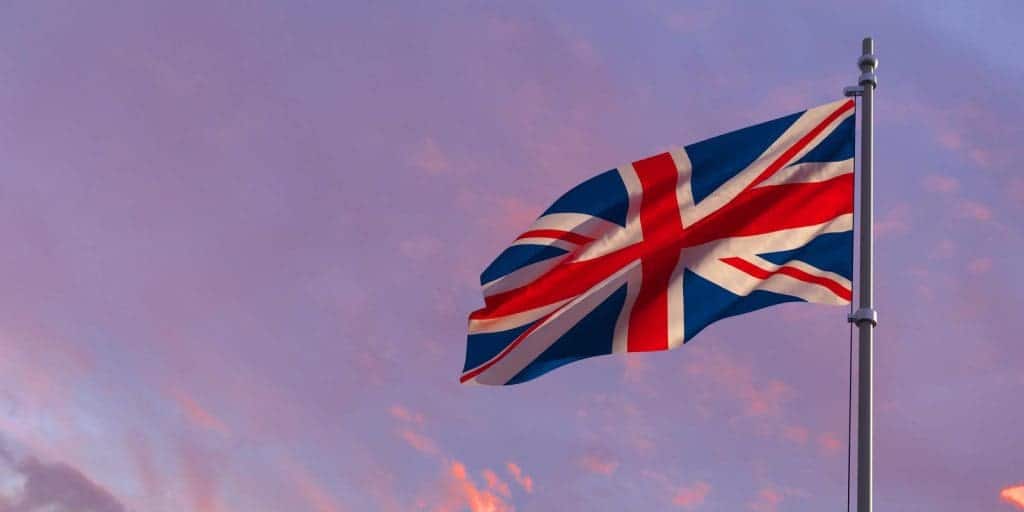Like every other nation, Britain also has some set of values. Individual Liberty, Rule of Law, Democracy, Respect, and Tolerance are the main laws that the people of Britain follow. These laws help British citizens to co-exist together even after having diversity.
Rights and values are fundamental to any democracy. Some of the most important rights are the right to vote, the right to speak, and the right to associate freely. All of these are practiced in Britain.
1. What is Individual Liberty in British Values?
Individual liberty in British values means that as long as a person does not break the British law, he or she can certainly live as they choose to and possess their own opinion about things and issues. People are free to think, free to act, and feel without any restrictions.
The core British value recognizes that every individual can have an opinion as long as it does not cause any harm to other people, is offensive, and is extremist in nature.

Liberty helps people to come together and celebrate diverse cultures and differences within them to create a strong community of members. It also develops the freedom of speech and confidence.
The Government supports all those liberties which are within the law. However, there have been a few debates on how public restrictions on liberty do not ensure individual liberty.
2. When Was Individual Liberty Adopted in Britain?
Individual liberties also known as civil liberties are formally a part of British constitutional law. These liberties got a final push, notably with the Bill of Rights in 1689. Until then the Magna Carta of 1215 was adhered to as the royal charter of rights.
The Bill of Rights 1689 postulated basic civil rights and remained an important statute in the constitutional law of England.
Under the Bill of Rights, 13 articles were written that shed light on specific freedoms. One of the key freedoms was the freedom to bear arms for self-defense. The freedoms also included the right to elect representatives to the parliament and many such rights.
There were times when civil liberties have also been associated with human rights. The Universal Declaration of Human Rights after the Second World War was adopted by the UN General Assembly in 1948, laid the foundation for human rights and freedom for the entire world.
3. Noteworthy Contributors to Individual Liberty in Britain
3.1. John Stuart Mill
John Stuart Mill was a British philosopher who advocated for individual liberty and had a significant influence on liberalism. In his essay ‘On Liberty‘ he expressed his concerns on the interference of the state in an individual’s freedom.
For him, liberty was a way to broaden one’s personality. Liberty promoted the overall happiness of humans. He favored three types of liberty – freedom of action, organization, and thought. His idea formed the true essence of what individual liberty is in British values.
3.2. Thomas Hobbes
Thomas Hobbes in his social contract theory had brought out the fact that liberty was certainly the absence of external obstruction. He believed that true liberty lay in zero obstacles to doing what one individual wishes to do.
As a result, laws hindered liberty. However, unrestrained liberty can turn men against men.
He was a political philosopher who theorized that wide-ranging government powers are justified based on the self-interested consent of citizens.
3.3. John Locke
John Locke in his Second Treatise on Government (1689) clarifies that the natural liberty of man is to be unconfined to any superior power. The fundamental natural rights are mainly life, liberty, and property.
Lockean freedom is the power to do what one is willing to do. Under the laws of nature, individuals must make sure that they do not harm others. Every person is equal to the state.
4. Types of Individual Liberty
Every free society seeks to accomplish the idea of liberty for its people. These liberties can be grouped under several broad categories. Some of these are:
- Civil liberty – This means that an individual can enjoy certain freedoms within the rules and laws of the state. The state guarantees the protection of the rights and freedoms encompassed under civil liberty.
- Political liberty – This includes the right to vote and criticize the government. It also ensures that the citizens have the right to contest elections.
- Economic liberty – Under such a type of liberty, no individual should suffer from economic disparity and income inequality.
- Religious liberty – Secular democracies offer religious liberty to their subjects. Utilizing this liberty, every individual can profess any faith and worship any god. The state should endorse the idea of religious tolerance and allow equal status to all religions and cultures.
Conclusion
Individual liberty and democracy go hand in hand. The British government safeguards these liberties so that every person can develop themselves to the fullest of their potential. Corresponding to this, the state must also look into any offensive and arbitrary actions of people.
Too many restraints on free individuals can lead to political inequality, which will, therefore, soon lead to anarchy. Everyone is equal under the eyes of the law and should get equal protection for the same.
Last Updated on July 10, 2024 by Sathi Chakraborty






